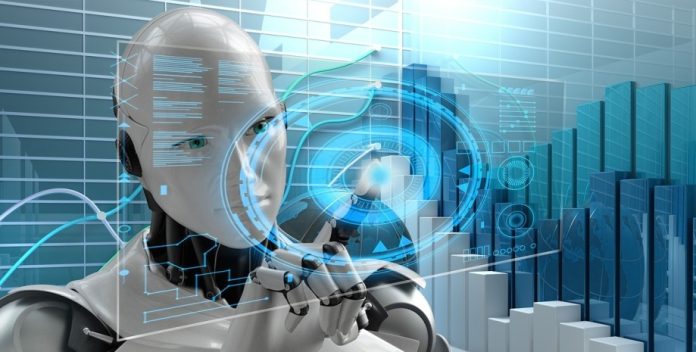Every year, artificial intelligence (AI) is becoming more and more important in people's lives, changing ways of work, learning and interaction. However, experts warn that the growing role of AI can not only have positive consequences, but also lead to a "real threat" to humanity, in particular - to reduce the ability to critically perceive information and creativity.
Psychologist Robert Sternberg of Cornell University notes that the influence of generative AI on human intelligence has already become noticeable. According to him, the possibilities of AI in creating content or performing complex tasks should not be underestimated, but in fact, the greatest concern is that "AI has already compromised" human intelligence, creating new content without our participation. These fears reinforce the research conducted by the SBS business school teacher Michael Gerlich, who revealed a close relationship between using AI and reducing the level of critical thinking in humans. Gerlich protested more than 600 British and noted that widespread use of AI contributes to the reduction of people's ability to deeply analyze information, as more and more attention is focused on rapid consumption of content. In a world where every social network requires the video to attract attention in a few seconds, people are no longer encouraged to consider the information received. Gerlich also emphasizes that social networks have become one of the reasons why it is difficult to maintain the ability to think. "Short, easily assimilated messages do not encourage deep analysis. Instead of looking for answers, we simply receive news and thoughts that directly affect our decisions," the expert says. According to many leading experts in the field, such changes can have serious consequences for the evolution of mankind. According to Sir Demis Gassabis, Google Deepmind CEO and Nobel Prize laureate, "humanity can age after ten years, since technologies such as AIs affect our mental capabilities."
In addition to reducing critical thinking, researchers begin to notice that artificial intelligence can be increasingly distant from human thinking. The forecasts made by researchers with AI Futures Project assumes that after a few years, the AI can start generating their own theories and making discovery in their own languages, separating themselves from human influence. In some cases, they do not even rule out that in the future, the AI can decide to "eradicate humanity", which causes new fears about safety and ethical aspects of technology.
Despite all the achievements and prospects that the use of artificial intelligence, it is important to be aware of possible negative consequences, in particular for people's ability to critical thinking and creativity. According to experts, if we do not take steps to preserve our intellectual potential, humanity may face serious challenges that will affect our further existence.


